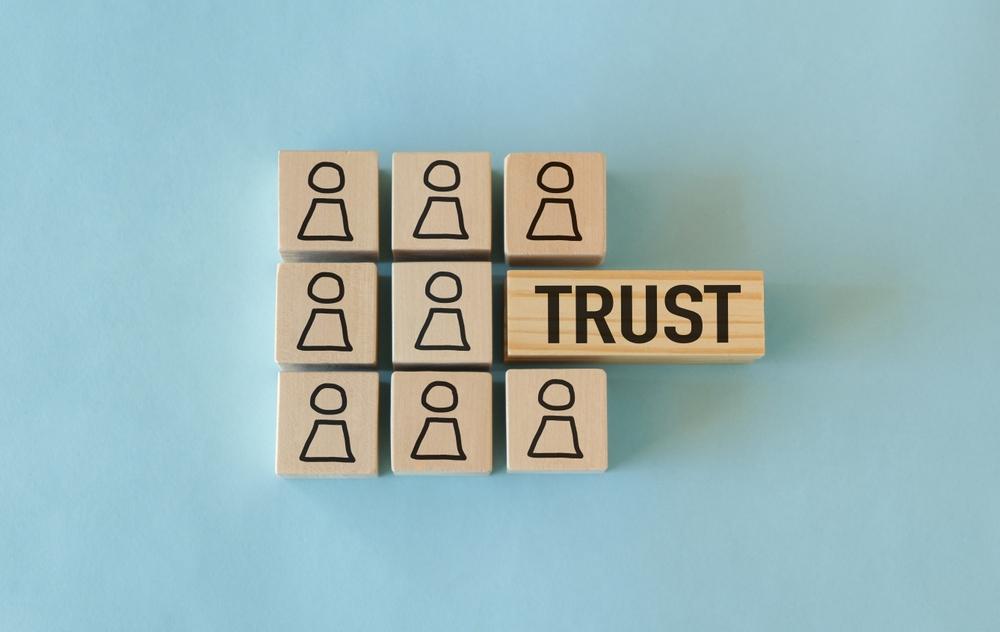Recapturing Consumer Loyalty in Hospitality
People who trust companies to take care of their needs are more likely to become repeat customers and forgive them if things go wrong - but what happens when factors outside their control cause trust to plummet? What can be done to recover that lost trust, and develop a more loyal customer base?
Hotels, and the hospitality industry at large, are an important case study in the wake of the COVID-19 pandemic. Prior to the pandemic, hotels were one of the more trusted industries in the US, and travelers generally believed that they would get what they needed from hotels they visited. However, between 2019 and 2020, trust plummeted 19 percentage points, more than nearly every other industry at the same time. Perhaps more concerning though is that trust in hotels is still well below its pre-pandemic levels.
It’s clear that there is work to be done to regain trust. Leaders should follow these strategies to rebuild trust and develop long-lasting customer loyalty:
- Prioritize clarity. Overly complex language and complicated processes can create an unnecessary barrier between company and customer, or even suggest an effort to hide the truth. Instead, focus on user-friendly and straightforward language, and make sure guests know what to expect. For example, it’s better to be up front about additional costs such as parking or resort fees before a guest arrives instead of adding it to their bill when they check out.
- Commit to solving problems. If you aren’t willing to fix small things, then customers will have little faith that they can trust you for the bigger issues. So, make sure to proactively solve some of the predictable problems that guests run into. For instance, if a room is not ready for check-in, provide a card with a Wi-Fi password and a free drink in the restaurant, along with a commitment as to when you can give them an update on its availability. This also includes accepting responsibility when something goes wrong, as it inevitably will.
- Don’t over-hype offerings. It may be tempting to try to win back customers by advertising new or updated offerings like a gourmet breakfast or top-tier fitness facilities, but it is worse to fail to keep a promise than to not make it in the first place. So if your hotel has some rooms that were not updated during a recent renovation, don’t let guests find out about it on their own when they enter the room, or compare notes with a friend.
- Above all, show consistency. A pattern of meeting guest expectations - lets them trust that a company will continue to do so in the future. If a hotel regularly offers luxury toiletries in some locations but not others, guests will not know what to expect, and the uncertainty can make them hesitant to trust that these will be available during a future stay. On the other hand, providing these at every location will give travelers the assurance that they know what to expect from the hotel, regardless of where they are.
You can’t really succeed in building trust with customers unless you also build trust with your employees. The people who interact directly with customers on a day-to-day basis are the ones that will carry out these best practices to ensure guests’ needs are met. But if employees don’t trust their company or the leaders they work for, then they may be less inclined to put in the effort to build trust with customers. These experiences make a lasting emotional impact, so cultivating trust among frontline employees can’t be overlooked.
Of course, trust is not something that can be developed overnight, but requires consistent and intentional investment. It is worth the effort though – when people have trust, they are more likely to choose to interact with a company, read about new offerings instead of automatically deleting marketing emails, recommend a particular company to friends and family, and forgive mistakes (assuming they are corrected). At a time when it’s easier than ever to compare and switch between hotels when traveling, these traits are incredibly valuable for customer loyalty.
With so many factors that can affect trust, companies need to keep a pulse on how people are feeling about every aspect of how they are interacting with the company to make sure they are addressing feedback in all the ways people are sharing it.
There are always going to be changes that can be neither predicted nor controlled. But those that take the time and make the investment to earn trust will be better situated to make it through and retain loyalty in the face of any challenges.


